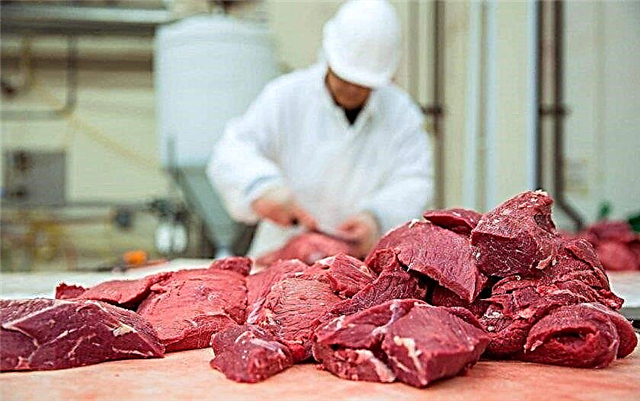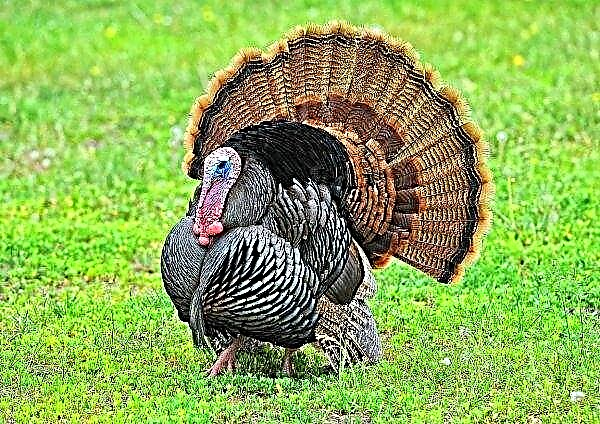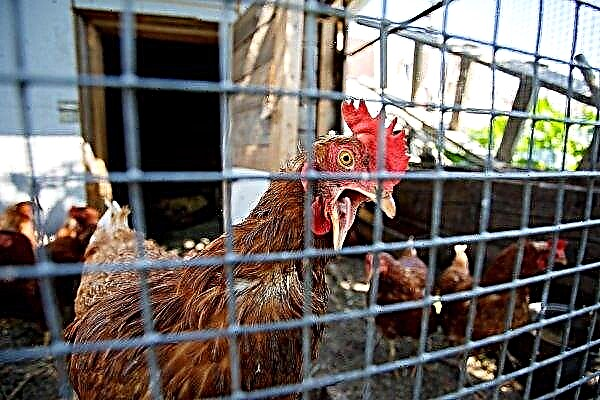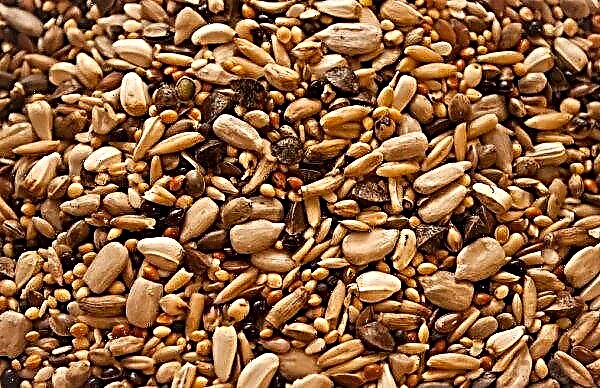China reported a new outbreak of bird flu on Saturday, while millions of chickens are at risk of starvation due to their localization in Hubei, near the epicenter of the coronavirus epidemic.
This is due to the fact that Chinese meat suppliers are still confronted with the long-term effects of the African swine fever, which has destroyed a significant portion of the pigs in the country.
“African swine fever, coronavirus and bird flu are affecting consumer habits and can stimulate Chinese demand for Brazilian meat,” said Reuters Francisco, president of ABPA, in a telephone interview.
Recall the coronavirus, which recently began in China, and now spreads around the world, affects agricultural crops.
Brazil ranks second after the US in beef exports. The country has 210 million head of cattle, which is grazed on 200 hectares of pasture.
“Our representatives in China tell us that there are serious concerns about food security.” Brazil is beneficial as a safe source of meat that never suffers from bird flu or African swine fever, he added.
According to him, the country has the opportunity to intervene to meet at least part of China's additional demand for imported poultry, processing about 6 billion individuals. Last year, Chinese imports of Brazilian chicken grew by 34%, while imports of Brazilian pork jumped by 61%, according to ABPA.
- Coronavirus, which began in China and is now spreading all over the world, affects global markets, for example, the disease, plus the celebration of the Lunar New Year in China, slowed down export purchases and pushed soybean prices to decline, with some collateral weakening of sunflower, wheat and corn.
- More than 7,500 birds were slaughtered after three cases of bird flu were confirmed at three poultry farms in Yunlin County, the Taiwan Animal and Plant Health Inspection and Quarantine Bureau (BAPHIQ) said.
- 5634 out of 21,060 birds died from bird flu on a farm in Chhattisgarh (India). The farm workers were forced to destroy all remaining birds.












